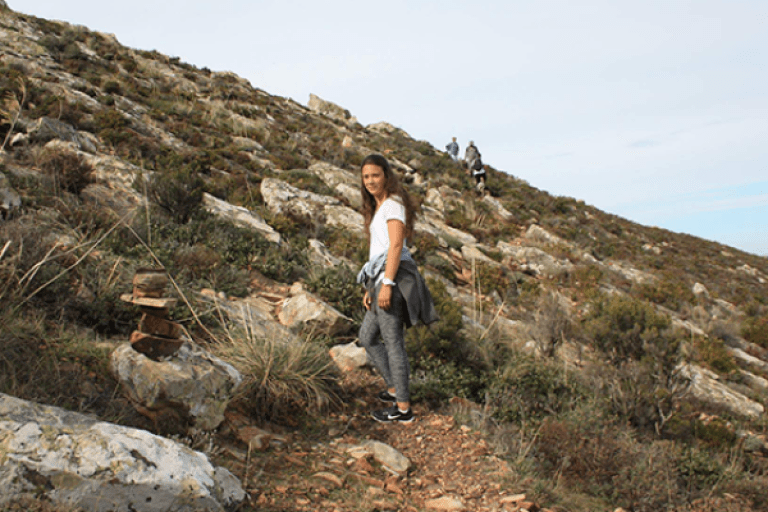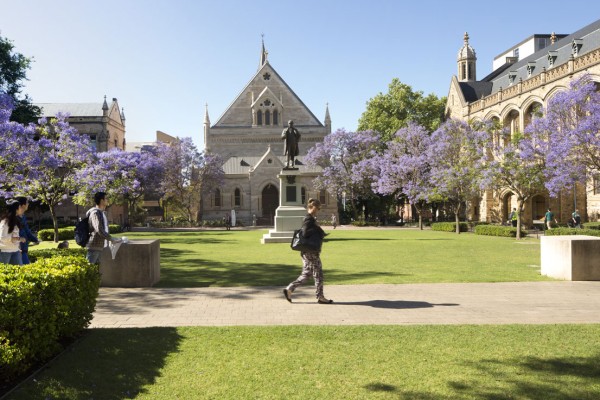What are your career options with a bachelor’s of science degree in Tourism?
Alumni of the Bachelor of Science Tourism find work in various sectors that can be roughly divided into three thematic areas: Environmental Sciences, Social Sciences, and Economics and Management.
Which jobs does BSc Tourism prepare you for?
Bachelor of Science Tourism alumni

Lorea Bron is now studying for an MSc in Tourism, Society and Environment
I was hooked from the first presentation in Wageningen, and this feeling stayed with me throughout my bachelor's degree.

Valérie Spaus is now studying a Sustainable Development Master’s at Utrecht University
During my bachelor's programme, I also did a minor that was still focused on tourism but included more sustainability, which is something that I am personally very interested in.
Choose the Bachelor of Science Tourism
The English-taught Bachelor of Science Tourism focuses on taking a broader perspective of tourism and the sustainable development of the sector. You will study the relationship between tourism, the economy, society, and the environment, and you will link tourism knowledge to wider processes of change.
Continuing your studies after BSc Tourism
The Bachelor of Science Tourism prepares students for a wide range of MSc programmes or direct career opportunities. Our graduates pursue MSc programmes and careers in three thematic areas. These areas are: Environmental Sciences; Social Sciences and Economics and Management.
Frequently asked questions about the Bachelor of Science Tourism
If your question is not listed below, feel free to ask in the chat. Our students will be happy to help!
- How many students move on to a master’s degree after obtaining their bachelor’s degree?
Almost all Bachelor of Science Tourism students choose to do a master's programme after obtaining their bachelor's degree. 30% choose a master's programme at Wageningen University and 20% choose a master's programme abroad. Some students take a gap year after obtaining their bachelor's degree before continuing their studies in a master's programme.
- What are my chances of finding a job after the Bachelor of Science Tourism?
That is very difficult to say. Students can continue their studies with a very wide range of master's programmes.
The vacancies differ per master's programme. In practice, master’s graduates often find work as a lecturer/trainer, project leader/programme coordinator, commercial officer, researcher or consultant/advisor at educational organisations, regional or national governments (including national parks), universities, NGOs (such as WWF), the transport sector (for example an airline) or travel agencies (ANVR, Holland Marketing, TUI).
The Bachelor of Science Tourism is advised by an External Advisory Committee of professional organisations, including Frank Oostdam of the ANVR. He recently concluded, ‘We must realise that we are one of the largest economic sectors in the world and that this entails greater responsibilities than we were used to in the past. Looking at the future challenges of our sector, I am firmly convinced that the BSc Tourism programme has the essential competencies to really take our sector a step further in terms of sustainability and that we will have new young travel professionals who can really bring about change.
